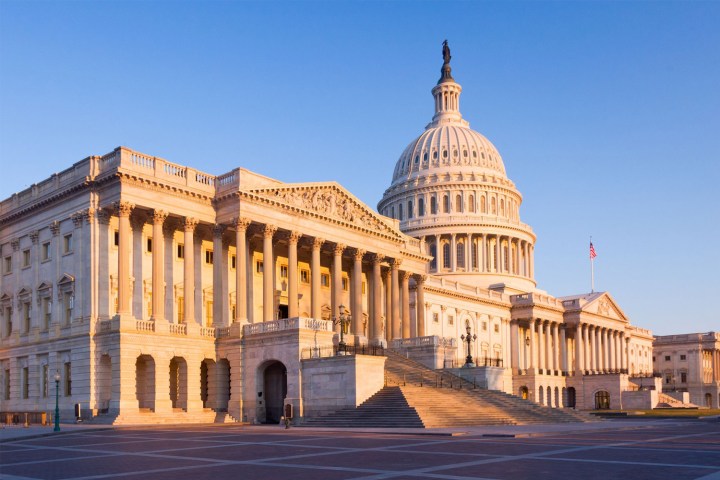
The FISA Amendments Reauthorization Act would effectively renew the authorization the U.S. government used to gather surveillance on U.S. citizens without requiring a warrant. The methods fall into two categories: “About collection” and “backdoor search.”
“With backdoor search, intelligence agencies can monitor the communications of any American that has been in touch with any foreigner the agency deems a target,” Motherboard reports, “About collection allows intelligence agencies to monitor the electronic communications of any American that mentions information, such as a phone number or email address, about a foreign target, even if they have never communicated with that foreigner.”
The bill is expected to be signed as soon as it hits President Donald Trump’s desk, at which time the amendments will in effect for six years, when they will be up for reauthorization again.
The American Civil Liberties Union released a coalition letter outlining its opposition to the law, describing it as “short-sighted” and “rushed” given it was put together in 48 hours.
“Indeed, the bill is measurably worse than a short-term straight reauthorization of Section 702 with a sunset. Given this — and the enormous privacy interests at stake — it is astounding that the bill is being rushed through committee and was released less than 48 hours before the scheduled markup,” the Coalition letter reads, undersigned by 36 different groups opposing the passage of the bill.
The ACLU’s criticism stems not only from the drafting of the bill but of the way it reauthorizes provisions of the FISA act, which the ACLU claims are unlawfully interpreted by U.S. law enforcement agencies.
“The broad language of the bill could be interpreted by the government to sweep in individuals only tangentially related to malicious cyber activities,” the Coalition letter reads.


